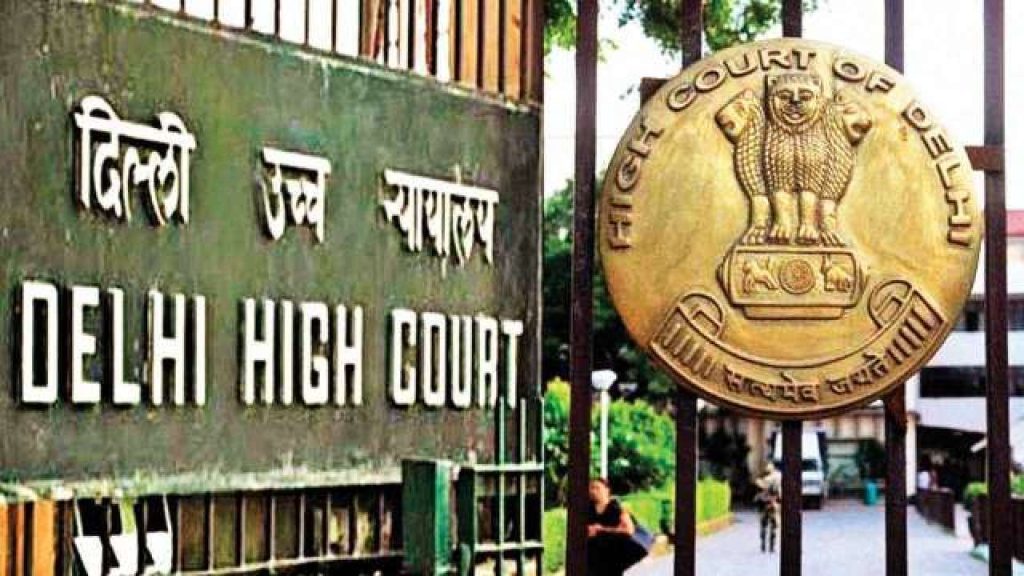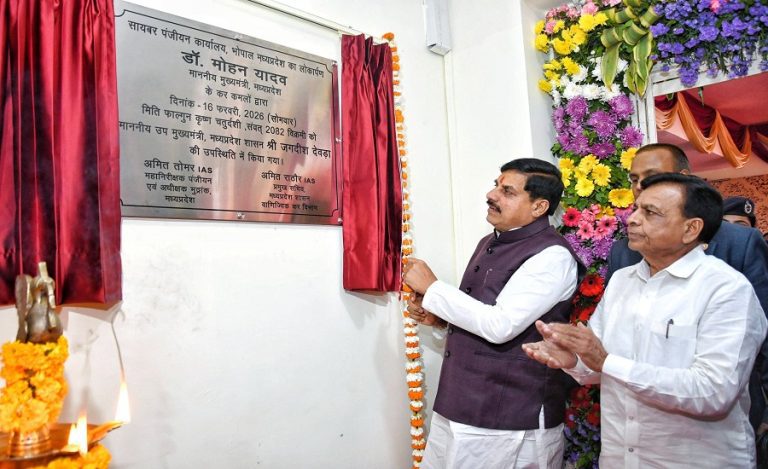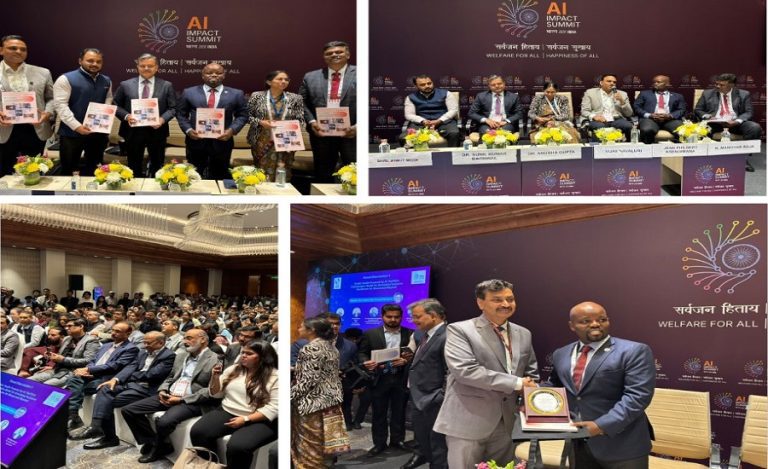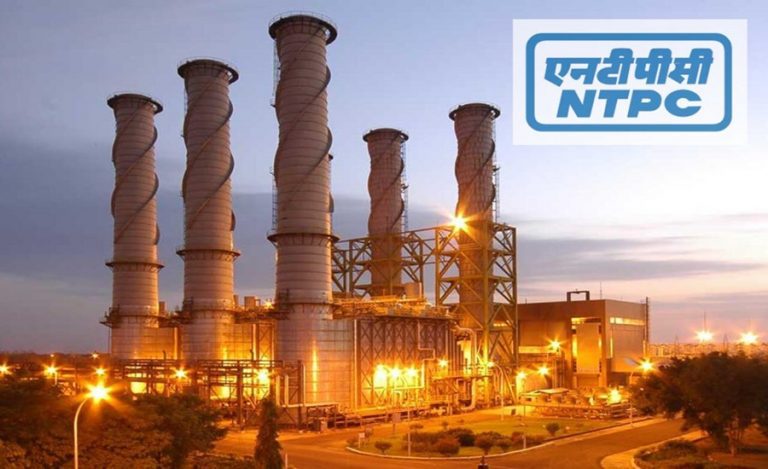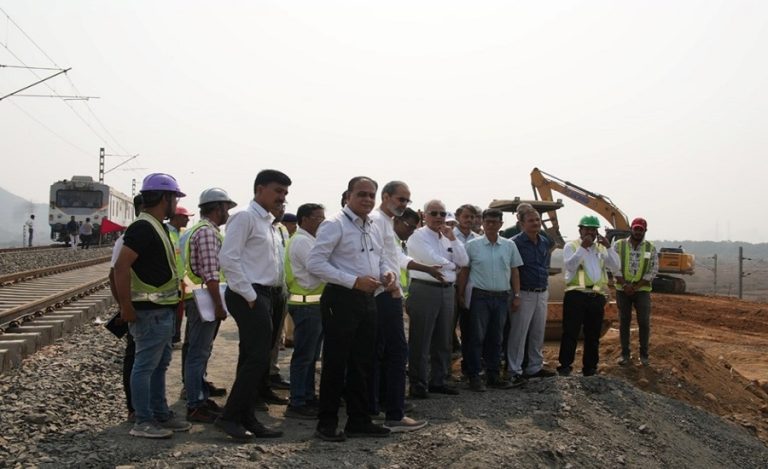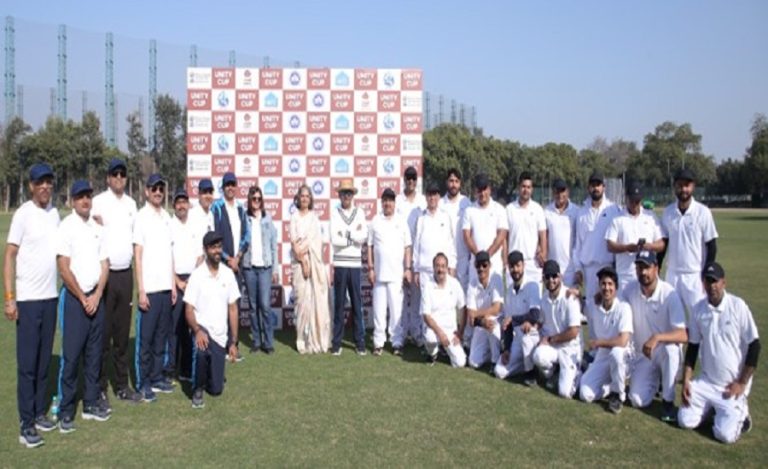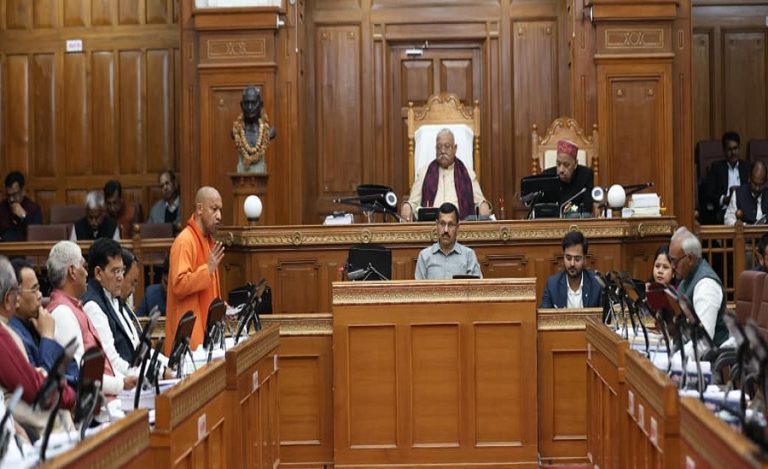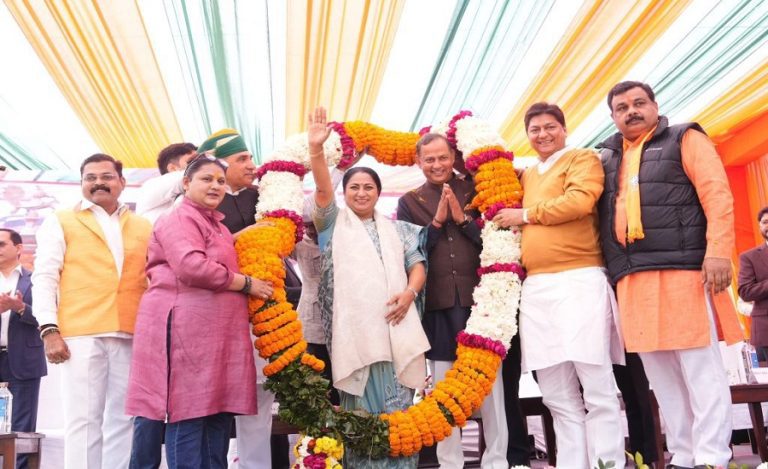New Delhi: In a landmark decision on 5 November 2025, the Delhi High Court delivered a verdict that foreign nationals employed in India must enrol in and contribute to the Employees’ Provident Fund (EPF) scheme. The court held that the central government has power under the Employees’ Provident Funds & Miscellaneous Provisions Act 1952 (EPF Act) to extend its coverage to international workers, and that the differentiation between Indian and foreign employees in this context is constitutionally permissible.
This ruling affects companies employing expatriate staff in India, and the foreign nationals themselves—especially those on shorter assignments of 2-5 years. Employers may face significant financial implications from past dues and future compliance.
Background of the EPF Scheme Rule
The EPF scheme has long applied to “employees” of establishments specified under the Act. However, in 2008 and 2010 the government issued notifications (GSR 706(E) dated 1 October 2008; GSR 148(E) dated 3 September 2010) to insert and then substitute Paragraph 83 under the EPF Scheme, 1952.
These amendments introduced the category of “International Workers”, defined to include:
- Indian employees working abroad in countries with which India has a Social Security Agreement (SSA) and eligible for benefits there; or Employees of non-Indian nationality working in India.
- Under Paragraph 83, every “International Worker” (other than those excluded under the scheme) must become a member of the EPF from the date of joining the Indian establishment.
The key distinction was that Indian employees are mandatorily required to contribute only if their monthly pay is below ₹15,000, whereas international workers must contribute irrespective of salary threshold.
The case before the court was filed by companies including SpiceJet Ltd and LG Electronics India Pvt Ltd challenging these notifications and related demand notices issued by the EPFO.
What the Judgment Says
A division bench of Chief Justice Devendra Kumar Upadhyaya and Justice Tushar Rao Gedela held:
- The Central Government is empowered under Sections 5 and 7 of the EPF Act to bring any class of employees within the scheme (including international workers).
- The classification between Indian and foreign employees is based on a “reasonable basis” (i.e., different economic conditions and duration of employment) and therefore does not violate Article 14 of the Constitution.
- The demand notices issued by EPFO (for example to SpiceJet and LG Electronics) were upheld. The court did not allow those companies to escape contribution liability.
The ruling aligns with the position of the Bombay High Court but differs from the earlier Karnataka High Court’s contrary view.
Importance of EPF Scheme Rule
For Employers: Indian companies employing foreign nationals now need to ensure compliance with EPF contributions for those international employees — even if their salary exceeds ₹15,000 or their tenure in India is short-term (2-5 years). Failure to comply may lead to retrospective demands for dues.
For Foreign Employees (International Workers): Foreign nationals working in India are now required to pay a contribution into EPF from day one (unless categorised as “excluded employees” under the scheme). They may also face restriction on withdrawal: the full amount standing to their credit is payable upon retirement after age 58 or on total incapacity.
For Both Parties: This creates potential financial burdens and administrative accountability. Companies may need to audit past employment records of foreign nationals and address any shortfall in EPF contributions. Foreign nationals on short assignments may have less flexibility on withdrawal timelines.
Faces Behind this Judgement
- Chief Justice Devendra Kumar Upadhyaya: Serving as Chief Justice of the Delhi High Court bench that heard this case, he co-authored the judgment upholding the notifications.
- Justice Tushar Rao Gedela: The other member of the division bench, Justice Gedela joined in the decision and its reasoning on the constitutionality of the classification and notices.
Key Takeaways
- If you are a foreign national working in India, you must join the EPF scheme if your employer’s establishment falls under it.
- If your company employs you and falls under the EPF law, your employer must register you as a member and start contributing.
- This rule applies no matter how short your tenure in India is (so even 2-5 years).
- Indian employees and foreign employees are treated differently under this rule, but the court has found that difference permissible.
- Employers must check history because demand notices from the EPFO may be enforced.
- Withdrawal of EPF savings for these “international workers” may only happen after age 58 or on total incapacity, creating less flexibility compared to some other categories.
Way Forward?
For Employers: Review your workforce and identify any foreign nationals employed; check if EPF contributions were made for them under the old rules. If not, consult legal and compliance advisors.
For Foreign Employees: Ask your employer whether you have been enrolled under EPF, check your membership status and understand your rights around withdrawal, contribution and tenure.
For Both Parties: Keep clear records of employment, salary, contributions, and correspondence with EPFO. Be prepared for possible retrospective settlement.
Read Also: Delhi High Court Seeks Explanation on LG Order Allowing Police to Testify from Stations

